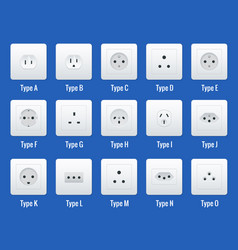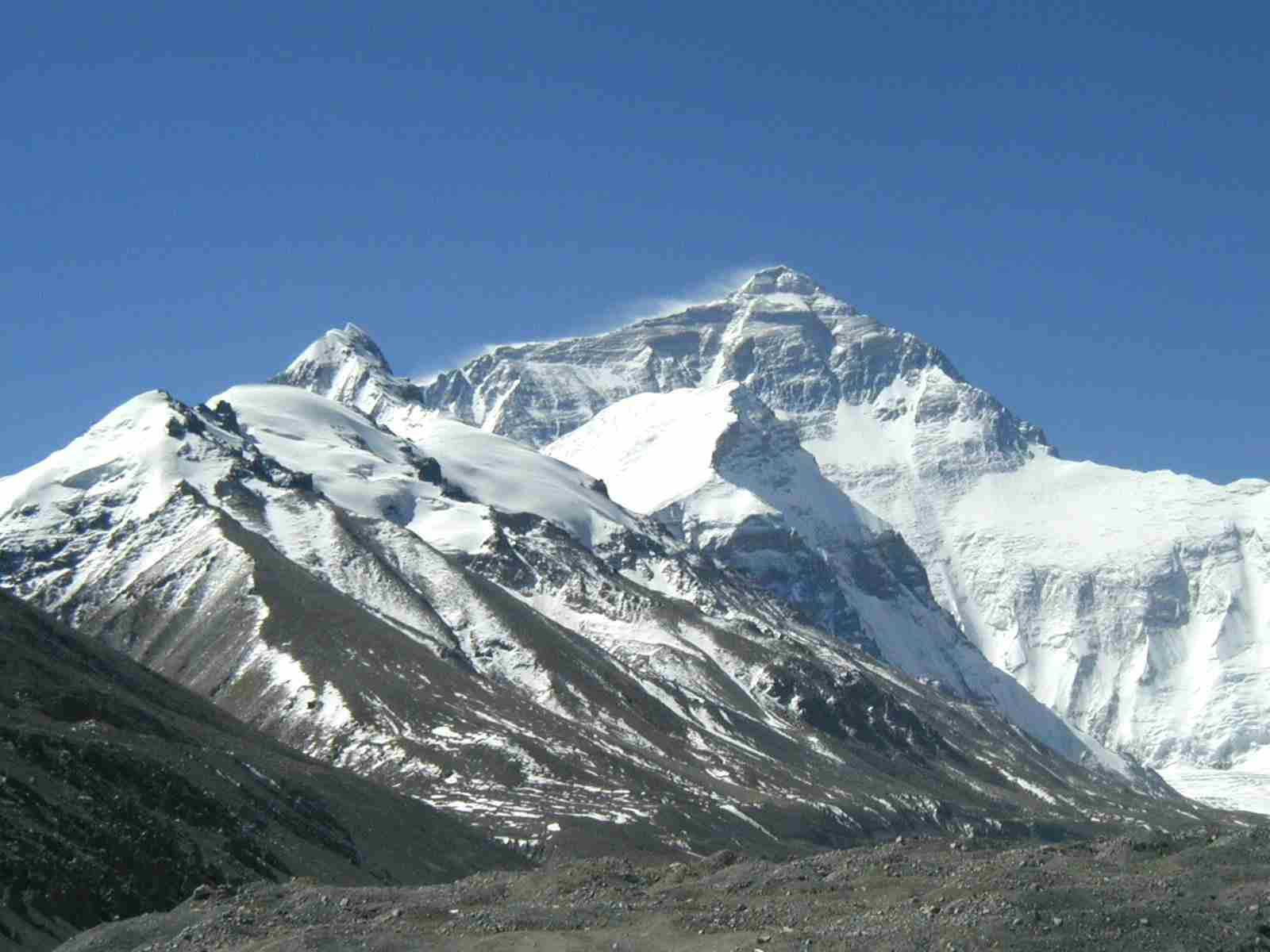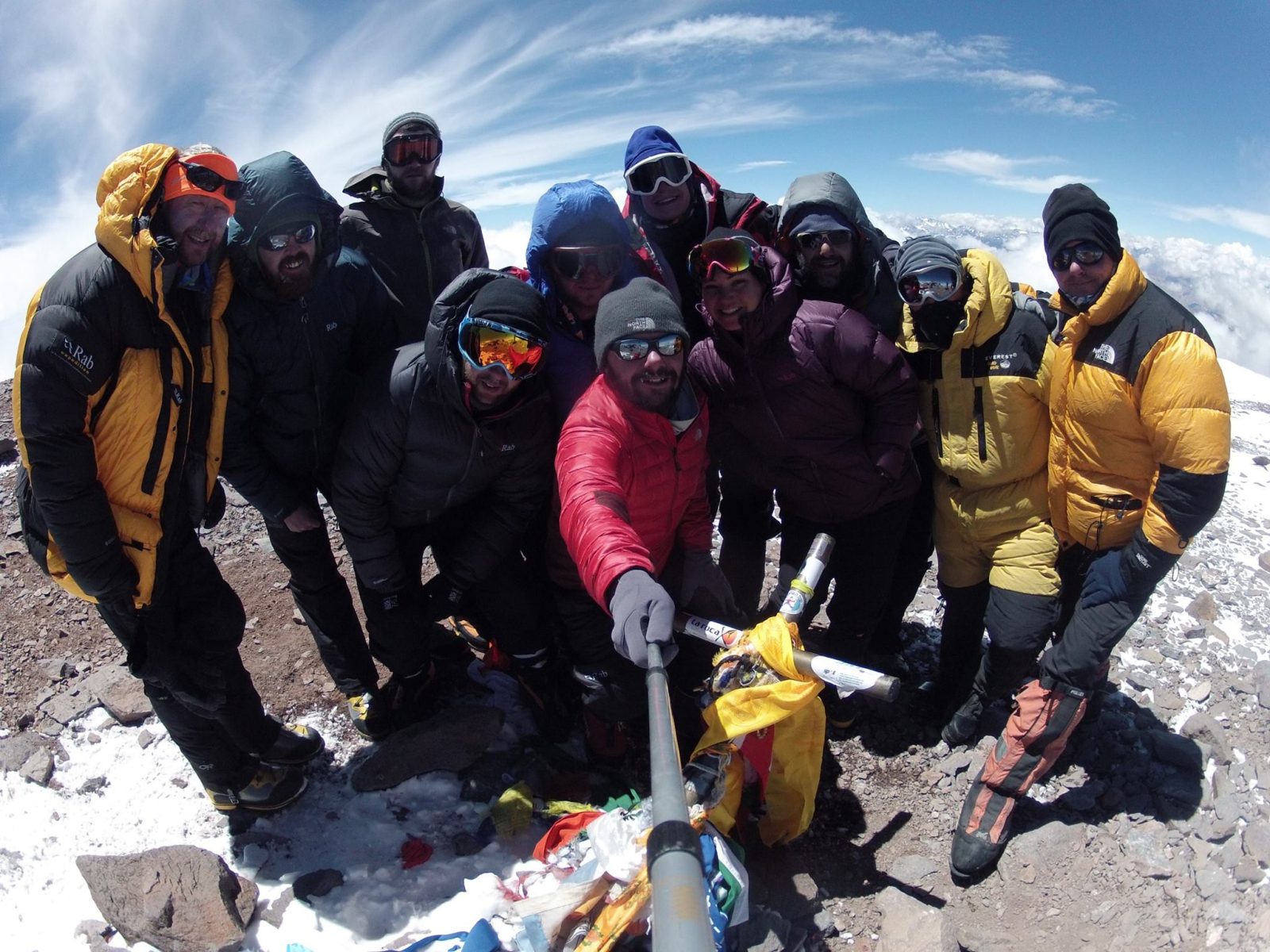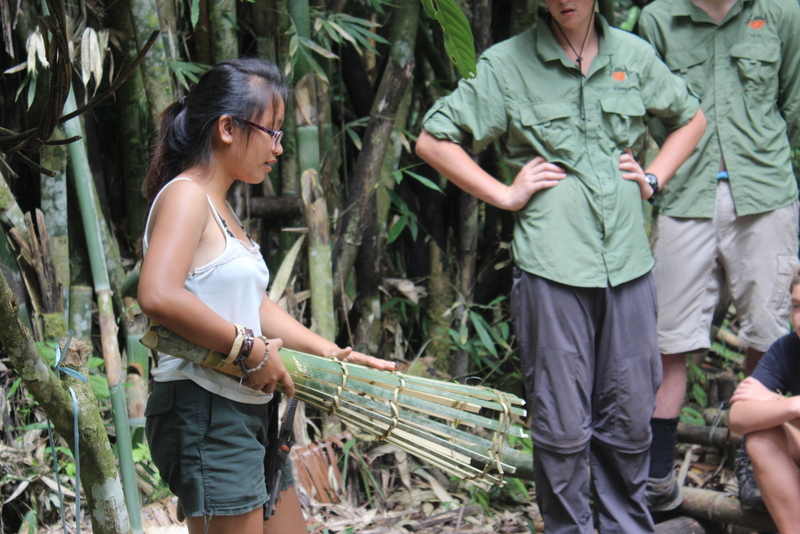
Morocco Practical Information & Tips
MOROCCO TRAVEL FACTS
VACCINATIONS FOR MOROCCO
We advise that you schedule an appointment with your doctor, or a travel doctor a few months prior to coming to Morocco because there are some vaccination recommendations, it’s always a good idea to be sensible about the level of exposure to disease, and different areas of the country present different levels of risk.
For all of our destinations and activities, like climbing Mount Toubkal or joining one of our Moroccan treks in the Atlas Mountains, the chances of coming into contact with rabid animals is very slim so the risk of rabies is not high, unless you plan to travel to areas off the traditional tourist trails. Similarly, you will not be coming into contact with stagnant water however there is no guarantee that salads, ice or fruit purchased locally might not have been washed or prepared with boiled water so it is advisable to consider vaccinations like Hepatitis A and even typhoid. It would also be a good idea to ensure you are up to date with your tetanus booster. The Doctor will advise what is best.
MALARIA
There is a very limited risk from malaria in Morocco so prophylaxis is not recommended, unless you plan to travel in rural areas of the Chefchaouen Province on the north coast of Morocco. There is no malaria risk in Tangier, Rabat, Casablanca, Fes, Marrakesh or the mountain and desert regions.
WATER QUALITY IN MOROCCO
Officially the water in Morocco is safe to drink thanks to water treatment, chlorination and monitoring and maintenance of the water delivery system. However, we do not recommend travellers drinking it as it’s just not worth the risk, however it is suitable for showering and washing your hands, but use bottled or treated water when cleaning your teeth.
We want to avoid people buying disposable or single use plastic bottles for water so we advise bringing a lifetime bottle (like Nalgene) and treating the water. One option is a steripen which uses ultraviolet light to kill bacteria and viruses, and another is LifeStraw which uses filters to remove contaminants.
TOILETS IN MOROCCO
Most of the toilets are of the “squat and go” variety that you would find in Muslim countries like Moroccoa. Essentially, they are holes in the ground equipped with a pan to stand on, rather than the seat and bowl of Western toilet systems, although an increasing number of riads, hotels and restaurants will have western toilets.
The main issue will be the lack of toilet paper, most Moroccans use their left hand for bathroom hygiene so bring a roll of toilet paper wherever you go!
HOSPITALS IN MARRAKESH AREA
Prevention is the key to staying healthy in Morocco. With luck, your trip will finish without incident; infections are usually associated with poor living conditions and poverty and can be avoided with a few precautions and on a trek the obvious injuries will be from trips or falls, or from extreme weather conditions.
Medical facilities can be excellent in large cities like Marrakesh, but in more remote areas like the mountain villages they will be basic but you’re never too far away from Marrakesh on our trips and your Guide will give you all the support you need to receive the correct medical treatment, whether that is from the First Aid kits they carry, one of the small mountain clinics or dispensaries or ambulance back to Marrakesh where you can attend one of the many private hospitals, your insurance company may recommend a specific one. For emergencies there is an air evacuation service operating out of Marrakesh Menara airport.
The most well-known hospital for non-residents in Marrakesh is the Clinique Internationale private hospital. It is located east of the Menara Gardens, just off the road to the airport but there are a number of good hospitals that your insurance company may well recommend, like the Clinical L’aéroport Marrakech or the Emirates Morocco Hospital.
FLIGHTS TO MOROCCO
For holidays and expeditions to the High Atlas Mountains most people would fly into Marrakesh Menara Airport (IATA code RAK) and there are a number of airlines flying directly in to Marrakesh from all over the UK, both budget airlines like Easy Jet, Air Arabia Maroc and Ryan Air and the more established and comfortable airlines like British Airways. A flight from the UK to Marrakesh takes a minimum of 3 hours 40 minutes.
VISA FOR MOROCCO
Most travellers visiting Morocco can do so without applying for a visa, as long as your trip does not exceed three months. However, is it essential that you arrive with a passport that is valid for at least six months from the time you enter Morocco with a minimum of two blank pages. For up to date visa information see UK’s travel advice page.
At the airport / port of entry in Morocco you’ll need to complete an arrival before you get your passport stamped. This form asks for your name, date of birth, passport details, occupation, your hotel address in Morocco, and the amount of money you have with you. State how much cash you are carrying, along with any credit/debit cards you have.
You’ll find more information on this page about preparing for a trip to Morocco which includes more detailed information on many of the subjects discussed on this page.
MONEY AND CASH IN MOROCCO
ATMs are available in all the cities and the official currency of Morocco is the Moroccan Dirham (MAD). US dollars are also widely accepted and there are plenty of Forex in the cities to change the likes of Sterling, Dollars and Euro into local currency. Bring lower denomination notes and avoid damaged or old notes.
Credit cards are also widely accepted in the cities, however there is usually a high service fee for using a credit card so do check about costs for paying bills or withdrawing cash from an ATM. You will normally get around 13 MAD per GBP but you can check current rates at xe.com, bearing in mind that all foreign exchange bureaus will give you a slightly different rate to this to allow them to make their own commission.
Outside of the cities you will struggle to find ATM’s so make sure you have enough cash in Moroccan Dirham with you for your time in the mountains and villages for tips, soft drinks, souvenirs and anything else that is not included in your trip.
COSTS IN MARRAKECH
We have compiled the following to give you a rough idea of the costs of various common goods and services in Marrakesh. This is to help you to budget and also not to pay over the odds for things. Prices up in the mountain villages will usually be a bit cheaper, maybe 10%. However, please do not take these prices as definitive, they are just based on our experience. As with many places in the world, there is a huge gap between “local prices” and “tourists prices” and there will always be certain salesmen who will be somewhat ‘speculative’ with their pricing!
| Goods / Service | Approx Price |
| Taxi Airport-Centre of Old Town | 150 MAD/car |
| Meal in decent riad restaurant | 150-200 MAD |
| Basic Tagine & Soda in central cafe | 60-100 MAD |
| Tip for a waiter | 5-10 MAD |
| Horse & Cart Tour | 100 MAD /Half Hour |
| City Tour Guide (ask for official ID) | 300-400 MAD /Half Hour |
| Cotton Fabric 2m x 2m | 100 MAD |
| Cotton Fabric 2m x 3m | 120 MAD |
| Velour/Silk Fabric 2m x 2m | 160 MAD |
| Velour/Silk Fabric 2m x 3m | 200 MAD |
| Scarf | 60-100 MAD |
| Tea Pot & 4 Glasses | 150-400 MAD |
| Traditional Leather Slippers | 150-300 MAD |
| Plain full size clay Tagine | 100 MAD |
MOUNTAIN REFUGES
Some of you will have stayed in mountain refuges before; perhaps in the Alps or elsewhere and you may have also noticed that the level of comfort and luxury can vary quite a bit. Be aware, that the Moroccan refuges are generally nearer the bottom of the scale, especially when compared to those in the Alps. For some, it may be a fairly alien concept to find yourself in a queue of five or more people, all waiting in a cold communal washing area to use one of only a couple of toilets allocated to the full refuge of maybe 100 people. This is often a reality in a Moroccan mountain refuge so worth bearing that in mind as there is no option to upgrade when you are on Mount Toubkal.
FREQUENTLY ASKED QUESTIONS
WHAT IS THE TIME DIFFERENCE IN MOROCCO?
In 2018 the Moroccan government decided to stay on GMT+1 all year round to save an extra hour of natural light and reduce electricity consumption. Check out the current time in Morocco here.
CAN YOU USE YOUR PHONE INTERNATIONALLY WITHOUT CHARGES?
Your unlocked mobile phone will work in Morocco but international calls and data usage will be expensive using your foreign SIM card. We recommend turning off your mobile data, turning off automatic downloads and restricting app use in the background. You can also use airplane mode to avoid roaming charges but obviously you won’t be able to send or receive text messages or phone calls.
Connect to a wi-fi network to use messaging apps like WhatsApp, Facetime, Messenger, Skype or Google Voice. You can use your other apps on the wi-fi network but you could also use some of your apps offline. For example you can pre-download maps on Google maps before leaving home (a lot of the riads in the cities and the mountain villages will have WiFi).
You could also buy a local SIM card. The main mobile providers in Morocco are Maroc Telecom, Orange and Inwi. All of them work in the mountains but the signal can be patchy in remote areas.
You can also buy a pre-paid international SIM card, for example TravelSIM which works in many countries and offers data as well. There are no costs for incoming calls or texts.
The Country Code for Morocco is +212.
WHAT PLUG DO THEY USE IN MOROCCO?
In Morocco there are two associated plug types, types C and E. Plug type C is the plug which has two round pins and plug type E is the plug which has two round pins and a hole for the socket’s male earthing pin. Morocco operates on a 220V supply voltage and 50Hz.
Electricity is widely available throughout Morocco. However, along trekking there is no access to electricity except in the riads. We advise that you bring a power pack for charging your phone, tablet or other items while on your holiday.

WHAT LANGUAGE IS SPOKEN IN MOROCCO?
The two official languages in Morocco are Standard Arabic and Tamazight. Moroccan Arabic (known as Darija) is the spoken native vernacular. The languages of prestige in Morocco are Arabic in its Classical and Modern Standard Forms and French, the latter of which serves as a second language for many Moroccans but in major tourist areas English is widely spoken. All our guides speak English and you will be able to communicate very easily. Remember that English isn’t their first language, be patient with folks and try to learn from them. Before you go, try to learn some Arabic so you can show locals that you care about their culture and language, even if you sound silly, giving it a try goes a long way.
IS TIPPING USUAL IN MOROCCO?
Tipping in Morocco is not expected but it is certainly appreciated. At restaurants you should generally tip between 5% and 10%. On Morocco treks and climbs of Toubkal however, tipping is customary, and our tipping advice page will give you up to date recommendations on what is fair, however please remember to provide this money in local currency.
IS IT SAFE TO TRAVEL IN MOROCCO?
Morocco is a safe country to visit, especially if you are part of an organised group climbing Mount Toubkal or going out on a Morocco trek. The UK Foreign Office offers advice about safety and security in Morocco, but the rule is obviously to be sensible about travelling alone after dark, keeping valuables hidden and to a minimum, and not upsetting local people with insensitive behaviour.
CAN I HAGGLE IN MOROCCO?
As with many nations, there is a culture of negotiating prices in Morocco. If there is a price marked on an object then it is almost certainly inappropriate to negotiate on the price unless perhaps you are buying many items at once. However, if the price is not marked then you may begin the fine art of haggling. The vendor will quote you a price to begin with, depending on whether you are in the tourist district of a large town or in a village market the starting price may be somewhere from two to ten times the going rate. At this point you will need to make a judgement call. On the one hand, paying over the odds can drive up expectations and prices for everyone including locals but on the other hand, driving the price of a souvenir down by the equivalent of 25 pence will make virtually no difference to you but may change the weekly income of a rural family by a few percent.
CAN I ENTER A MOSQUE IN MOROCCO?
It will usually be the case that if you are a non-Muslim you will not be able to enter mosques or the immediate area of some religious shrines. If you are unsure then simply ask.
DO THEY CATER FOR VEGETARIAN AND VEGAN DIETS IN MOROCCO?
We can easily provide for people who prefer a vegetarian diet and to some extent a vegan diet, but the range of products on sale in the shops is rather limited. Similarly, there is not a wide range of gluten free products for celiacs or for people with specific food allergies. We recommend talking to us in advance and discussing about bringing some food items with you from home.
Book Your Adventure of a Lifetime Now
Discover our trips to other Countries
Adventure Alternative Articles

12 MONTHS, 12 MOUNTAINS
Climbing Calendar Ready for World Mountain Day In celebration of World Mountain Day, we've created a calendar for the year to make it easy for...

Mount Aconcagua Trip Review
January 2016 This year we had a team of twelve clients from four different countries – Iran, Ireland, England, South Africa and Argentina –...

Alcey’s Survival Skills Course at Lupa Masa Jungle Camp
SURVIVAL SKILLS COURSE AT LUPA MASA JUNGLE CAMP | ADVENTURE ALTERNATIVE In celebration of International Rural Women’s Day, we’re talking...